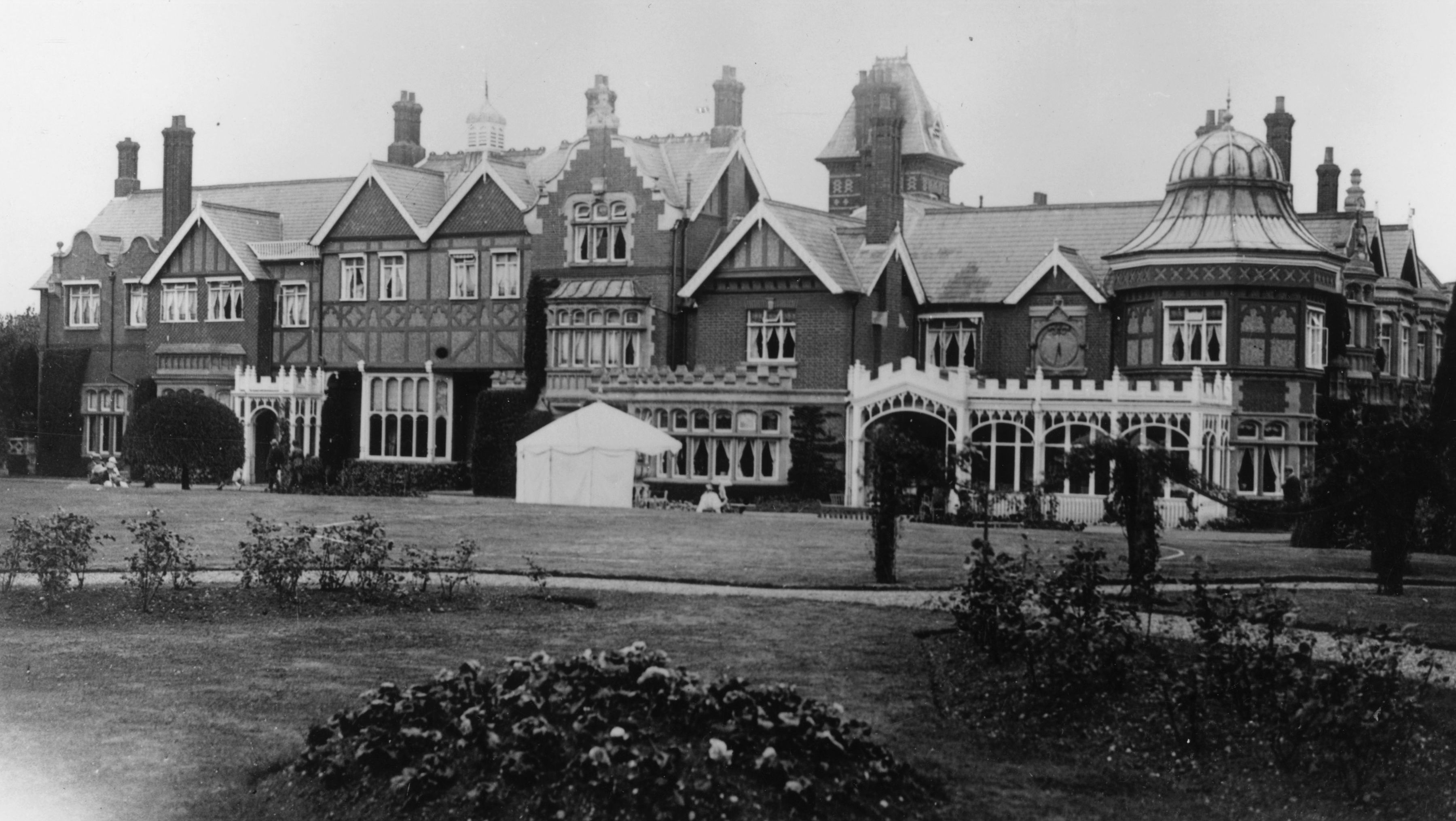Lady Trumpington dies: who were the women of Bletchley Park?
Thousands of women worked to run top-secret codebreaking operation - but their contributions long went unrecognised

A free daily email with the biggest news stories of the day – and the best features from TheWeek.com
You are now subscribed
Your newsletter sign-up was successful
Tory peer and former Bletchley Park operative Jean Alys Barker, Baroness Trumpington, has died at the age of 96.
Her son announced the news, saying that his mother - who was known for her outspoken personality and who went viral in 2011 after flashing a V-sign at a fellow peer who made an unflattering remark about the age of war veterans - had a “bloody good innings”.
Born to an aristocratic family, Lady Trumpington was recruited into the top-secret Second World War intelligence programme as a translator at the age of 18, following a childhood she described as privileged but lonely.
The Week
Escape your echo chamber. Get the facts behind the news, plus analysis from multiple perspectives.

Sign up for The Week's Free Newsletters
From our morning news briefing to a weekly Good News Newsletter, get the best of The Week delivered directly to your inbox.
From our morning news briefing to a weekly Good News Newsletter, get the best of The Week delivered directly to your inbox.
“Life only really began when I went to Bletchley,” she would later say. “That’s when I made my real friends, and it was exciting being a part of something important.”
Lady Trumpington was employed to translate decrypted German communications, one of up to 8,000 women who worked at Bletchley Park during the Second World War.
Although Alan Turing and other male codebreakers are the operation’s most well-known employees, women made up around 75% of the total workforce at Bletchley.
Intelligence chiefs were initially wary of hiring women for the top-secret work, but the large number of staff required and the absence of many men in wartime service meant that they had little choice but to take the leap.
A free daily email with the biggest news stories of the day – and the best features from TheWeek.com
Upper-class debutantes were among the first to be recruited “as they were considered the most trustworthy”, says Bryony Norburn, a University of Buckingham PhD student specialising in female codebreakers. But they were soon joined by women from more modest backgrounds, she writes for The Conversation.
Only a fraction of the 10,000 people employed at Bletchley Park were high-level codebreakers like Turing and his team. The majority worked in clerical roles - the unglamorous and often monotonous work needed to power the entire operation.
“The women of Bletchley weren’t the stars - they were the worker ants,” Tessa Dunlop, author of The Bletchley Girls, told The Daily Telegraph.
However, a handful of women did make it into the most demanding roles, aided by the fact that, with many young men enlisted in the military, UK universities had accepted unprecedented numbers of female students.
Pioneering cryptanalyst Joan Clarke, who worked alongside Turing to decrypt the Enigma machine, was one of these graduates, having been scouted by Bletchley codebreaker Gordon Welchman while studying mathematics at the University of Cambridge.
Clarke was later made an MBE for her wartime efforts, which were portrayed on screen by Keira Knightly in the 2014 Turing biopic The Imitation Game.
Three other women - Margaret Rock, Mavis Lever and Ruth Briggs - are also known to have worked in high-level cryptanalysis.
However, the nature of their work meant that the women of Bletchley Park had a long wait to receive recognition for their wartime service.
Even when the restrictions on discussing Bletchley’s operations were lifted in the 1970s, female workers often found their contributions overshadowed by those of their male colleagues.
In recent years, the women of Bletchley Park have been celebrated in books, documentaries and the 2014 ITV drama The Bletchley Circle - and the spotlight is richly deserved, says David Kenyon, research historian at Bletchley Park Trust.
Put simply, “Bletchley Park could not have functioned without its female employees”, he told tech website iQ.